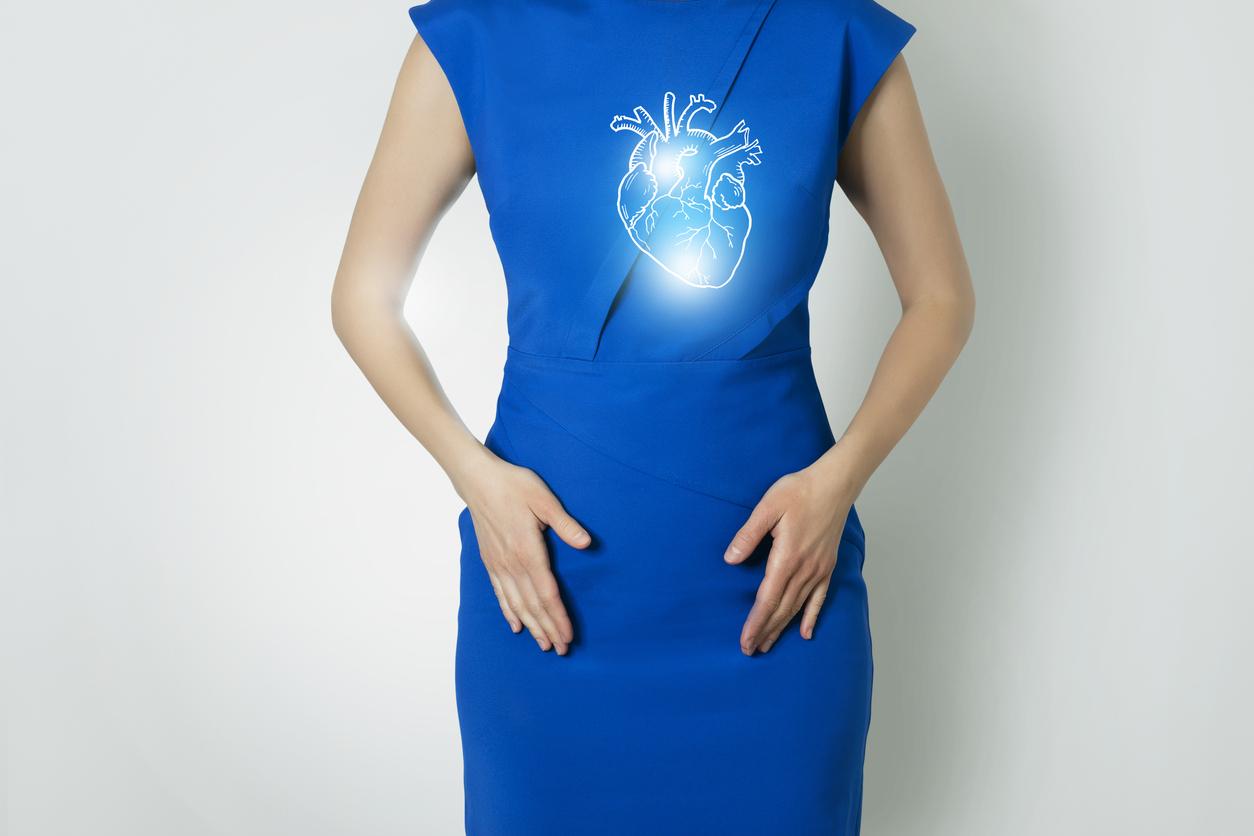This arrhythmia of cardiac risk, which often goes unnoticed, affects 750,000 people in France. If not treated in time, it can lead to other serious problems like stroke. Fortunately, there are many non-invasive technologies that allow self-monitoring. Update as part of the Action Week on AF, in partnership with Action-Coeur and Paroles&Réactions.
-1607441267.jpg)
- Screening for atrial fibrillation should be done as soon as possible.
- If left untreated, atrial fibrillation can cause strokes because blood clots form in the atria and travel through circulation to the brain.
Atrial fibrillation is a heart rhythm disorder that affects the atria of the heart. This heart rhythm disorder, the most common in the world, affects 750,000 people in France. Atrial fibrillation mainly affects people from the age of 50, and most often, it is asymptomatic, that is to say that the person concerned does not feel it. The problem is that untreated atrial fibrillation can escalate into more serious health problems, including strokes, due to blood clots forming in the heart’s atrium.
Early and non-invasive screening methods
It is to prevent this public health problem from becoming more widespread in the general population that doctors insist on carrying out screenings. Having an electrocardiogram (ECG) performed by a competent healthcare professional is obviously the best way to ensure good heart health. However, current technologies make it possible to have cardiac holters, that is to say recorders of the electrical activity of the heart, capable of carrying out continuous monitoring. These devices can be internal and placed closer to the heart, or external and connected to electrodes. Thus, by continuously analyzing cardiac activity for two to three weeks, it is possible to quickly diagnose changes in rhythm.
Follow the evolution of the heart rate
It is also possible to a lesser extent to use a connected watch to follow the evolution of your heart. While some only indicate your heart rate, others are able to perform an ECG directly on your wrist. The test takes about thirty seconds and can detect an arrhythmia in the heartbeat. These results, which are not equivalent to those of a specialist, may however encourage you to refer you to a specialist so that he can confirm your readings.
Finally, to combat atrial fibrillation, healthcare professionals most often prescribe anticoagulants to thin the blood and prevent the formation of blood clots in the cardiac atrium. It is also possible to maintain a normal heartbeat with antiarrhythmic drugs. As a last resort, doctors may advise performing endocavitary ablation, a surgical operation that involves cauterizing certain areas inside the heart that promote atrial fibrillation.
To find out more, listen to Nicolas Lellouche, professor of cardiology and vascular diseases at the CHU Henri-Mondor in Créteil (Val-de-Marne).

.











-1739366311.jpg)




